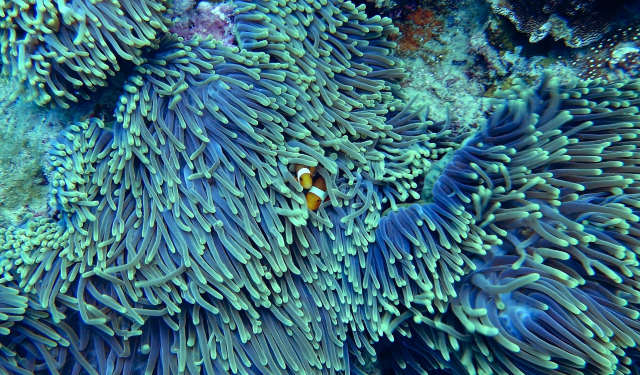Coral bleaching is an extremely important issue – Imagine arriving at your long-awaited tropical destination, ready to explore the stunning underwater world. As you gear up for snorkeling and dive into the crystal-clear waters, you feel like you’re in a dream. But suddenly, you notice something’s not quite right. The corals that were once vibrant with pink and green hues have now turned pale and white. You have just witnessed coral bleaching, a phenomenon that threatens the existence of coral reefs worldwide.
Corals are marine animals that live in a symbiotic relationship with tiny algae called zooxanthellae
These algae provide the corals with food and oxygen, and in return, the corals provide them with a safe place to live. But when corals are exposed to stressful conditions like high temperatures, pollution, or changes in water chemistry, they expel the zooxanthellae, causing the corals to lose their color and turn white, hence the term “bleaching.” Corals cannot survive for long in this state, and their loss could have catastrophic consequences for our planet.
Coral reefs are essential to the health of our oceans and our planet
They provide a home and a source of food for countless species of fish and other marine creatures, protect coastlines from erosion and storms, and play a vital role in regulating the Earth’s climate by absorbing and storing carbon dioxide. When coral reefs suffer, so do the ecosystems and the people that depend on them. By taking action to prevent and mitigate coral bleaching, we can help protect one of our planet’s most precious resources.
The Coral Reef Alliance‘s global coral bleaching monitoring program focuses on early detection of bleaching events to identify reefs in need of protection. By collaborating with others to monitor events in the water and improve satellite-based technology like the Allen Coral Atlas, we can take action to limit visitors to a reef and allow it to recover.
Individuals can also make a significant difference in protecting coral reefs
Reducing your carbon footprint, being a responsible traveler, choosing reef-safe sunscreens and more sustainable seafood, and avoiding activities that can damage coral are all important steps. You can also support organizations like the Coral Reef Alliance that work to protect and restore coral reefs worldwide.
In conclusion, coral bleaching poses a significant threat to coral reefs and the many species that depend on them. By understanding the causes and impacts of coral bleaching and taking action to reduce our impact on the environment, we can help protect these vital ecosystems for generations to come.
Coral bleaching is an extremely important issue









